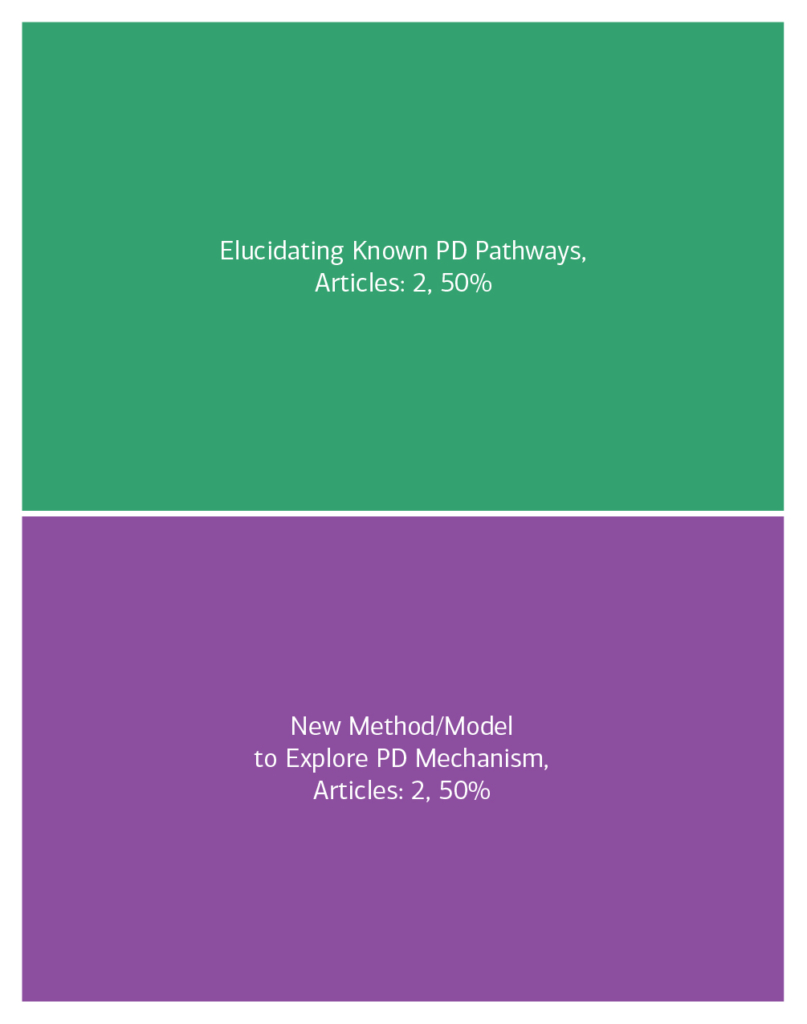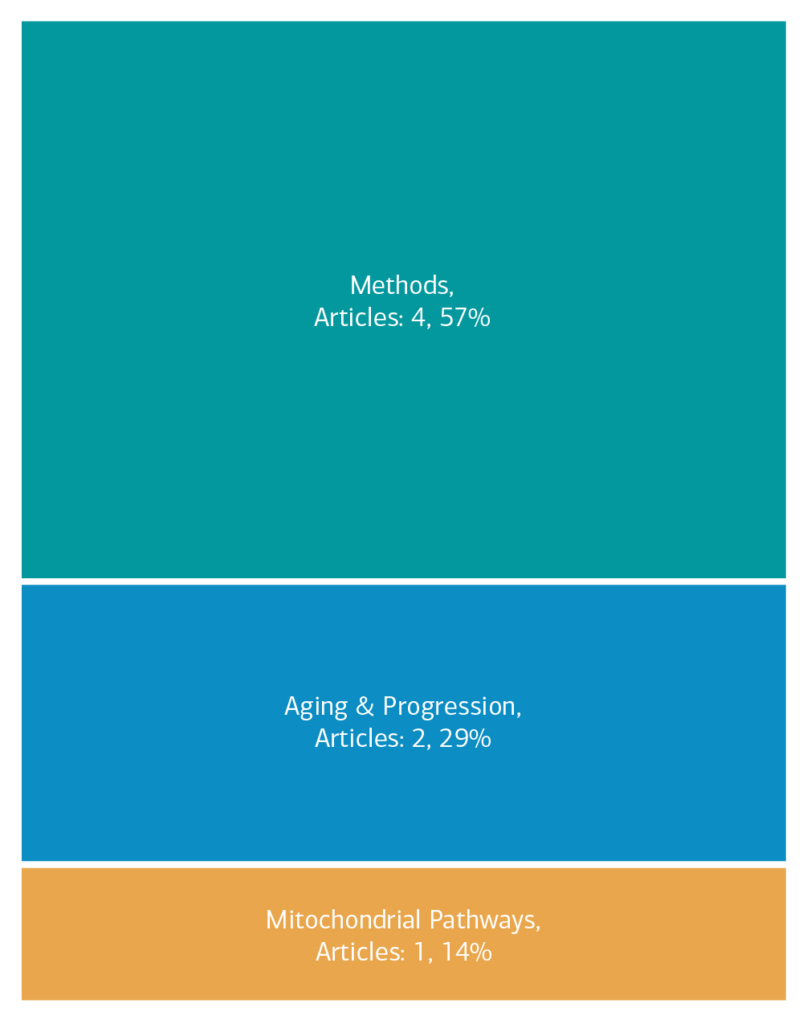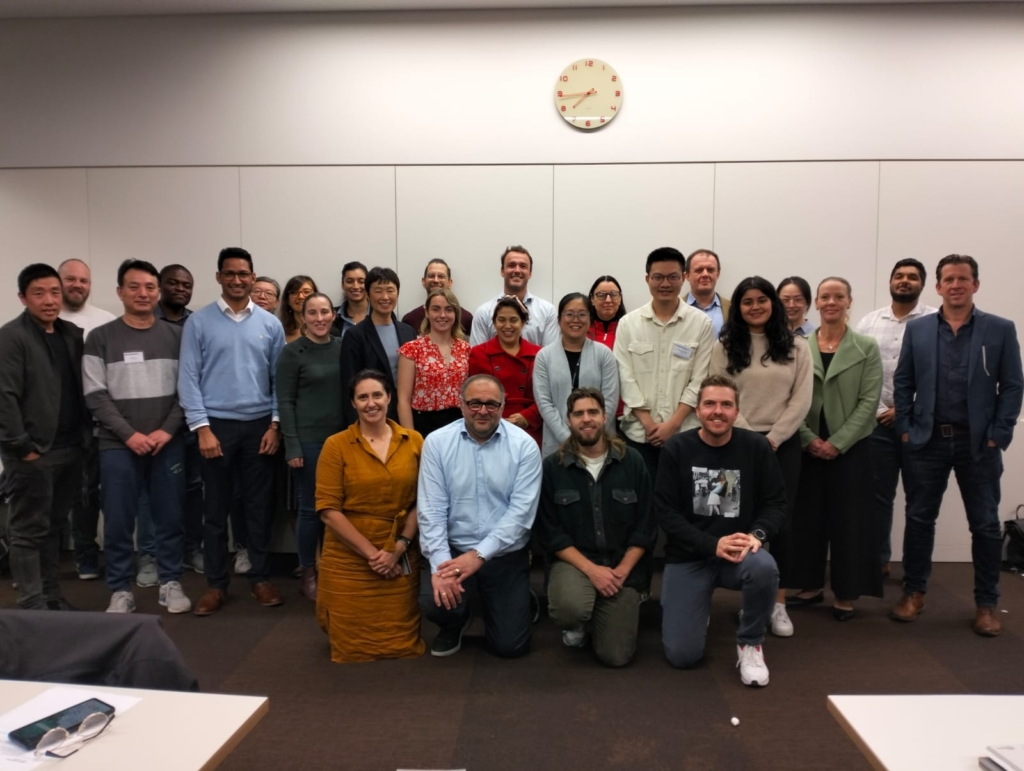PD Functional Genomics | 2020
In Vivo Approach to Elucidate the Pathobiology of Parkinson’s-associated Genes Using Human Diseased Neurons
Study Rationale: Several genes are known to be associated with Parkinson’s disease, although how they impact the disease process is not fully understood. Team Kirik will use stem cells from patients in whom the genetic cause is known and perform mechanistic studies to elucidate the interactions between three key genes and how they impact the function of cells in the brain.
Hypothesis: This project will provide new insights into the role specific gene mutations play in the development of disease features in cell types known to be affected in Parkinson’s disease.
Study Design: Stem cells generated from patients with neurological disease, including Parkinson’s disease, provide a tool for researchers to study and understand mechanisms underlying the disease. One limitation of this approach is that the cells are maintained in culture dishes in the laboratory in an artificial environment that does not closely model that of the disease. This project proposes a unique approach involving the transplantation of the human cells into mice in order to study them in the living brain and thus reveal new insights into disease mechanisms.
Impact on Diagnosis/Treatment of Parkinson’s Disease: Researchers’ ability to design better treatments for Parkinson’s is directly related to the level of understanding on the basic biological processes governing the initiation of the disease process and how the disease progresses from that point onward. This information is critical in efforts to intervene with the disease process.
Leadership
Project Outcomes
This project will use patient-derived cells from genetic forms of PD, studied in the environment of the living brain, as a unique paradigm to reveal cellular components of PD pathobiology. View Team Outcomes.
Team Outputs
Click the following icons to learn more about the team’s outputs:
Overall Contributions
Here is an overview of how this team’s article findings have contributed to the PD field as of May 2025. There are two different categorizations of these contributions – one by impact to the PD community and a second by scientific category.
Impact

Category

Featured Output
Below is an example of a research output from the team that contributes to the ASAP mission of accelerating discoveries for PD.
Generation of the iPSC line FINi002-A from a male Parkinson’s disease patient carrying compound heterozygous mutations in the PRKN gene
Loss of function mutations in the PRKN/PARK2 gene results in autosomal recessive familial Parkinson’s disease (PD), typically with early onset. Here, the team describes the generation of a new induced pluripotent stem cell (iPSC) line from a patient with a common and well-studied missense mutation in the RING1 domain of the PARKIN protein.
Team Accolades
Members of the team have been recognized for their contributions.
- Network Spotlights: Courtney Wright, Yuhong Fu
- Awards
- 2023 Collaborative Meeting: Courtney Wright (Data Blitz Talk Winner; San Diego), Chiara Pavan (Third Place Winner in PD Functional Genomics; London)

Other Team Activities
- Working Group:
- iPSC – Clare Parish (Co-Chair)
- ANALYSE Neuropathology – Glenda Halliday (Co-Chair)
- Interest Groups: iPSC Models (Neurons/Glia/2D/3D) – Clare Parish (Chair)
In the News
- $12.5m enables new research approach to Parkinson’s (The University of Sydney, September 18, 2020)












